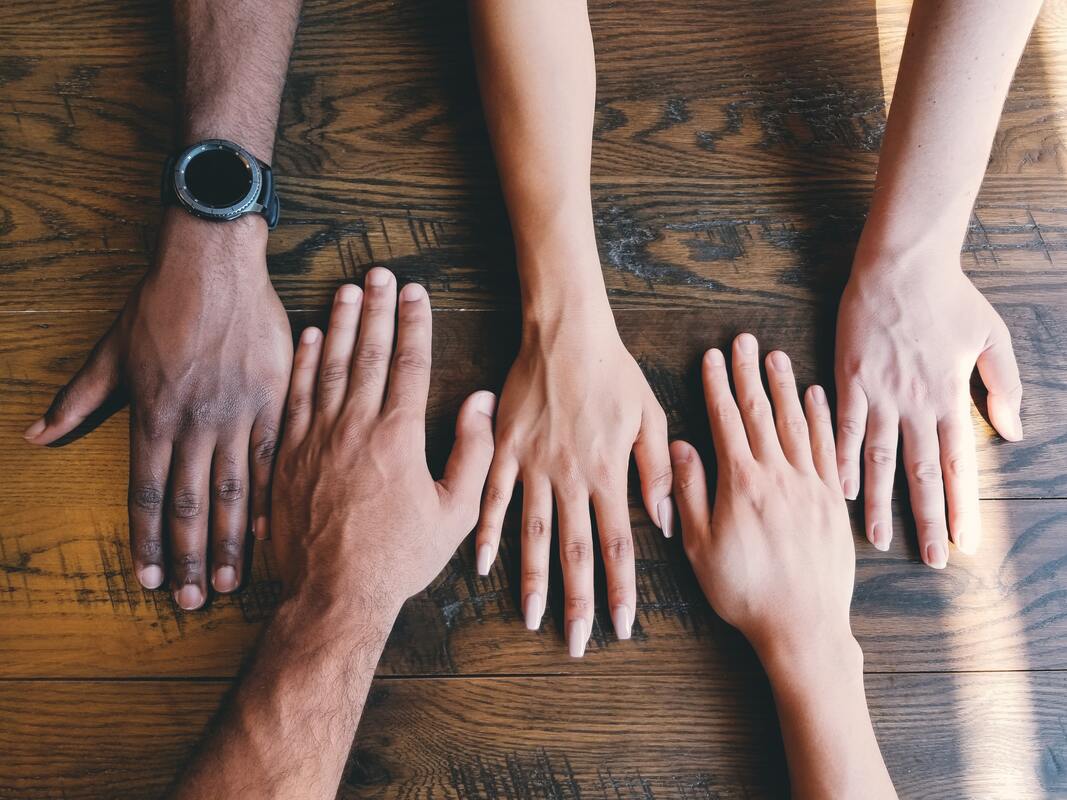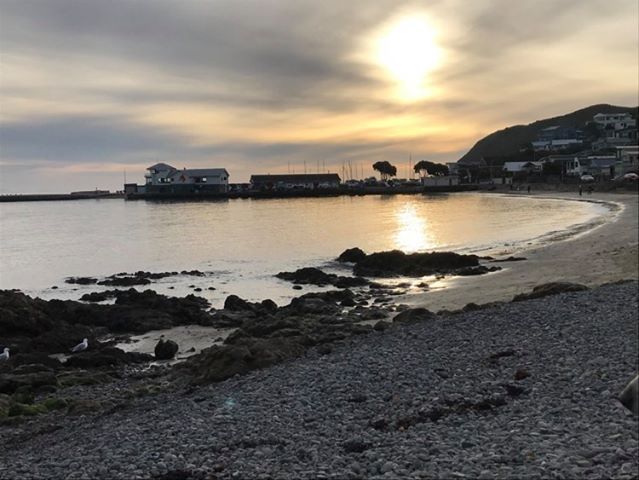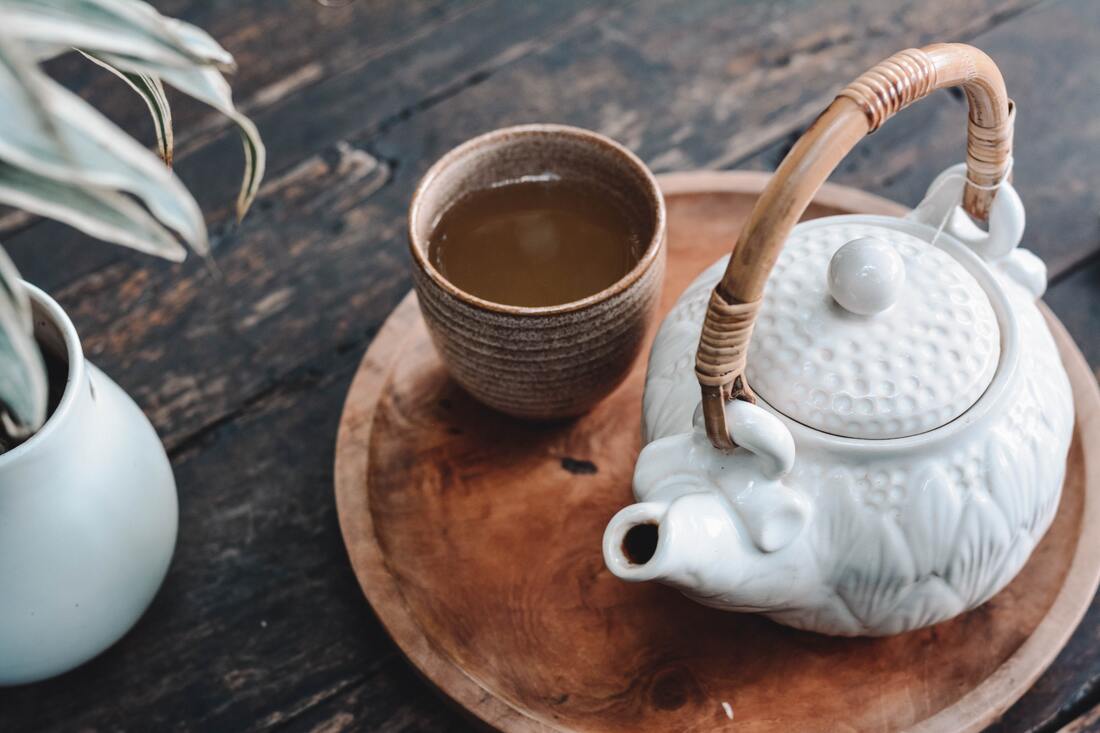I'm thinking about... |
Is it all about data?The future remains uncertain. Any and all models predicting the future are incomplete and subjective. Yep, we've got a heap more technology and data. But as I heard someone say recently "big data" is a bit like "teenage sex" - lots of promise, until you reach delivery! So whilst there are evident opportunities that we haven't had post previous pandemics - there is also some truth in the comment. Making sense of and meaning from the data is what is needed - but that's really hard when everyone has access to different data sets. This recent HBR article sums it up well - "Digital Transformation is About Talent, Not Technology". Just like most things, it's less about technology and more about people. A real risk: Post COVID exhaustionOur most acute concern should be that the coronavirus pandemic will change very little or nothing at all. That everything changes, but everything stays the same. That is precisely what happened in 2008: We won the war, in the sense that a total economic meltdown was averted, but we lost the peace. Post COVID exhaustion and anxieties are real. The evidence is all around us. There have been some good examples of collaboration during the crisis and there will be the customary "hero worship" and some "finger pointing" as we transition out of our homes. In the balances...amongst the opportunities there have been huge losses; mingled with the celebrations, there will be grief and mourning - not everyone has been safe or comfortable or well fed. Here in NZ, without the NGOs and front line service providers rising up, it seems the system would not have coped. God bless them and all those that have continued to keep the system rolling! What happens now? Do we just go back to operating in a system that doesn't support collaboration, but requires it? Thinking medium-long term strategy what might be some opportunities? Here are some of my "musings"... Where are some opportunities?Collaborative Process for Collective ThinkingTransitioning has to be a deliberative process, steered by collective thinking. Process matters and process has to be centred in people and relationships. We need collaborative processes where all the voices are heard and included. When all the voices are heard - whatever the outcome - it's easier for folk to live with the results, even the ones we disagree with. Working together we surface the heartbeat of the strategy - everyone owns it and everyone has a responsibility to deliver it. In the end it's all about people and taking time to build deep connections and relationships - whakawhanaungatanga. Collaborative LeadershipNo super powers or reliance on hierarchies in this transition phase, please. We need collaborative leaders that empower and facilitate an environment, where solutions emerge - together. Let's invest in this pandemic-inspired emerging leadership muscle. It's a move from the conductor and orchestra approach - to something better aligned to a jazz group. An overriding theme, with riffs and improvisations led organically by a cohesive rhythm felt and enabled through all members in the group, based on mutual respect and trusted relationships. That means we need confidence in each other, the collective voices and the actions that will emerge out of that trust. Collaborative StrategiesIt's time for collaborative strategies - not tweaks at the edges or "shovel ready" projects - but permission and space to develop collaborative regenerative strategies for new futures. It's time to ask the tough questions; to talk about the stuff that matters and bring the variety of voices to the conversation; to think the unthinkable, the out-of-the box stuff that's going to make the difference we collectively yearn for. Incremental changes may bring some improvement, but are unlikely to get us to the "real" opportunities. Adaptive co-design, experimentation and readiness to change will drive us towards the "real" opportunities. Re-imagining the SystemAnd, that means re-imagining the whole system. It's time to empower the front line service delivery agencies as decision makers - let's not keep getting in their way. The system is designed for stability and is at best clunky, so taking an eco-system perspective in an agile, adaptive way is going to be no mean feat! But time is of the essence. The opportunities facing us (such as climate change and child poverty) are potentially even bigger than the COVID pandemic. The high risk of post COVID exhaustion may mean a return to the old familiar ways of working and no real change at all. Adaptation has been necessary now and changes in constraints have enabled that, but we still need some longer term major system changes and capability development across sectors to build on what has been started - that's complex and risky, and will require some leadership guts and energy. It's also going to need intentionality about culture. At the core of most collaboration challenges is a diversity and inclusion agenda - we need all the voices and disciplines. It's important to be open to being challenged and to consider the variety of scenarios. We're going to need everyone and everything! We have an unprecedented global opportunity to rekindle hearts and minds - let's not waste it! Get in touch - Let's talkSo if it's a collaborative approach and strategy that you desire - I'm here to support you.
No silver bullets, just tested collaborative frameworks and approaches that deliver shared value and collective impact.
Copyright ©2020 Nazanin Jenkin Ltd. | www.nazaninjenkin.com | nazanin@nazaninjenkin.com | +64 21 478253
0 Comments
At midnight we welcome Level 2 and await Grant Robertson's budget for the fiscal year 2020/21: "Rebuilding Together". Coinciding with our post-COVID re-entry & recovery - it's likely to impact generations to come.
Whatever the details, the message seems clear - we're going to have to work together, across all kinds of differences to deliver shared value. Successful collaborations and partnerships will be needed. Whether it's planning ahead or preparing for the next crisis - it's going to take everyone and everything! You may have heard me harping on about "working together" and "collaboration" for some years! My IPANZ paper "Working Towards Working Together" (see website homepage) is a few years old now - we've moved from Better Public Services, to the Wellbeing Budget, and now Rebuilding Together. The government and environment have changed, but the call to effectively work together across silos and sectors continues. Let’s not waste this opportunity. Let’s work together, to rebuild and deliver a kinder, better, more collaborative new future. "Collaboration is an idea whose time has come, an idea that can create hope for a better tomorrow." When you're ready, I'm ready to serve you - no silver bullets, just proven frameworks and approaches. Copyright ©2020 Nazanin Jenkin Ltd. | www.nazaninjenkin.com | nazanin@nazaninjenkin.com | +64 21 478253 In a complex system environment - such as our current times - there are very few areas we can control (and often folk try to control stuff they can't). One area we can manage is our rituals, so being intentional about them becomes important for our wellbeing. Space and how we use space; dress; exercise; food - are a big part of our usual rituals. For many the rituals around work place and home space have been blurred. Clearing your desk and going home; changing out of your business suit into jeans; hitting the gym at the end of a long day or similar are not happening. Most of us are "travelling" to the fridge and kitchen more frequently than usual. We are moving in and out of our business conversations and private conversations constantly through the day. All of this can be exhausting and is taking its toll - so creating new rituals and rhythms becomes important. Even as we go down in Levels - restrictions may continue for some time yet. Here's some stuff that's helping us in our bubble... We've created individual work spaces - do whatever works for you and your whānau with the space that you have...even if it's only the end of the dining room table or somewhere really small in the corner of a room. I understand, that's easier for some of us than others. My daughter and her partner are busy professionals working out of a small one bedroom apartment - I've worked from home for a number of years and that means I have the privilege of a home office. It'll be different for each of us. When I'm not working I walk out of that space - I can close the door, but not everyone can do that ...so it may just be something as simple as a quick tidy up or closing your laptop and re-purposing the dinning room table for eating again, when your work day is over. Keep it simple. Do something physical that will help your brain to shift gear. We're trying to keep being kind to ourselves and to be okay with things not being as they were. If you have little ones at home and they walk into a meeting - be okay about that. My children are older now - but when they were little there was always a space near my desk where they could "work" too. We have many fond memories of those times together and only the other day my daughter shared one of those memories - referring to her "hang out with Mum office chair". Some of my best Zoom experiences during lockdown have been when little ones unexpectedly entered the room and Mums comfortably nursed their babes during the meeting. Everyone present was comfortable and unexpectedly we built deeper connections. In our bubble - we are all trying to include some form of exercise into our daily rhythm. Some days, like today, when it's wet and cold and dark and a bit miserable, I just didn't feel like doing anything - but I did. I lit a candle, rolled out my yoga mat and had an hour of practice. It was good. Our minds and bodies and spirits are connected - we need to continue to be intentional about nurturing and nourishing our whole selves. We are also weekly menu planning - partly out of necessity and the desire to limit supermarket visits, but also to try and eat regularly and well. Of course, I've baked a bit more than usual (plus side - I've totally cracked baking sourdough!) and there have been treats too...like a good glass of wine at the end of the day :-) Throughout lockdown I have also been intentional about "pausing" and "breathing". Sometimes we think being busy busy is the answer - but honestly just taking a bit of space (whatever you need: a moment, an hour, the day...) will help make the rest of the time more fruitful. You'll be a better version of you, I promise! I'm being more leisurely with my schedule and approach to meetings. Which means booking all my usual 30min meetings for 40min - because everything takes just a little longer "virtually". No back-to-back meetings for me ...at least 15min break between conversations. To manage how I show up at the meeting and after the meeting for my whānau - I have a small post-it personal prompt stuck to my screen that says, "Check-in/ Moment of Silence --------------Check-out, Hum of stillness." And, maybe this might be a good time to consider some new daily rituals. Many years ago, in "My Grandfather's Blessings" (one of my all time go-to books), Rachel Naomi Remen introduced me to a daily ritual for letting go, acceptance and gratitude. Fill a bowl with water, place it somewhere safe, then at the end of the day, empty it. I believe it has its origins in Buddhist practice. A symbol of accepting all that the day will offer - letting go of anything we need to - giving thanks for all that the day has brought. ps If you want to learn more about "Pause" - I highly recommend Robert Poynton's book and work. pps Yep, some have had the experience that virtual meetings are fast and in a recent webinar on collaboration, I heard others say decision–making has been much faster. So I've been thinking about this one a fair bit- here are some of my "musings" on that... The questions I would ask ...How does this translate into engagement from everyone at the virtual table and leadership style? Are all the voices being heard? My thoughts are - where speed of decision-making is concerned -context matters and Cynefin is a key framework I use to help with this. Chris Corrigan's post "A tour around the latest Cynefin iteration" might help shed some light on this. Notwithstanding some great leadership examples through the pandemic, I had a senior HR manager get in touch: she was concerned around the leadership styles she was observing on virtual calls and that got me thinking about our behaviours when we are under stress. Then, last night I was interviewed by a UK researcher/journalist who indicated the leaders she was speaking with were saying they couldn't reach out to their people at this time, which surprised me. It seems, here is an opportunity for many leaders (not all, some are really busy!) to pause - slow down – be generous – be kind – listen, to the said and unsaid stuff. That takes time. The Growth Faculty's recent interview with Leadership guru and best–selling author Patrick Lencioni, where he outlines "9 top tips for leadership in lockdown" - is one of the best I've heard. My top two of his tips:
|
Nazanin jenkinNazanin Jenkin Archives
September 2021
Categories
All
|



